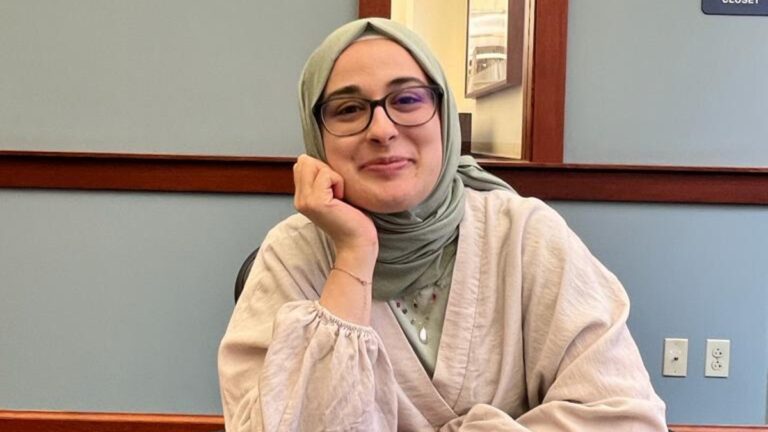Federal Judge Considers Releasing Detained Tufts Student Amid Constitutional Concerns
Judge Sessions weighs Rumeysa Ozturk's detention legality, hinting at a possible return to Vermont for a key court hearing.
Overview
U.S. District Judge William Sessions is assessing the legality of Rumeysa Ozturk’s detention by ICE, suggesting he may order her return to Vermont for a hearing. Ozturk, a Tufts University doctoral student, was detained based on a pro-Palestine op-ed, which the government claims connects her to terrorism. Recent reports indicate no evidence supports this allegation. Legal arguments highlight potential constitutional violations, as the Justice Department insists her case is under immigration jurisdiction. Ozturk's lawyers assert her detention impedes her education and free speech, urging for her release while removal proceedings continue.
Report issue

Read both sides in 5 minutes each day
Analysis
- Judge Sessions is considering jurisdiction over the case of Rümeysa Oztürk and may schedule a hearing in Vermont after transferring the case from Massachusetts.
- Oztürk's lawyers argue her detention violates constitutional rights, particularly free speech and due process, citing her detention was based largely on an op-ed criticizing university actions.
- The federal government's accusations of Oztürk supporting terrorism have been challenged; a State Department memo found no evidence of such claims.
Articles (6)
Center (2)
FAQ
Rümeysa Öztürk was detained primarily due to her co-authorship of an op-ed criticizing Tufts University's handling of student activism related to Palestine, with the government suggesting her views posed 'potentially serious adverse foreign policy consequences'[1][2][3].
She is currently detained at a federal detention center in Basile, Louisiana[1][3].
Her detention is being argued as a violation of her First Amendment (free speech) and Fifth Amendment (due process) rights[3][4].
She is receiving support from Tufts University, legal teams including ACLU of Massachusetts and Vermont, as well as advocacy groups like CLEAR[2][3].
History
- 6M

 3 articles
3 articles



